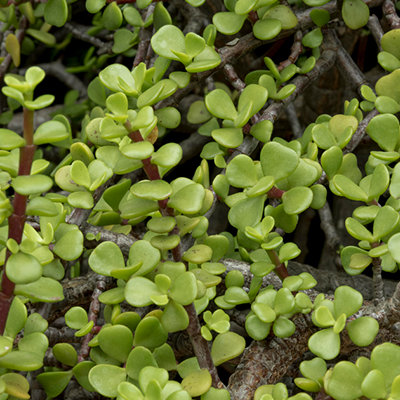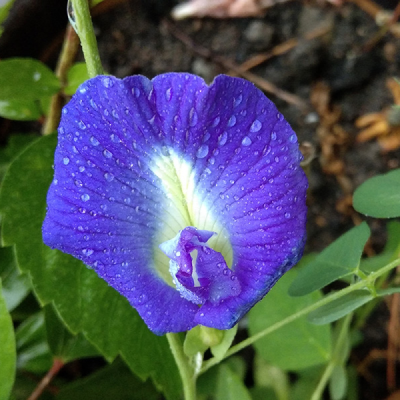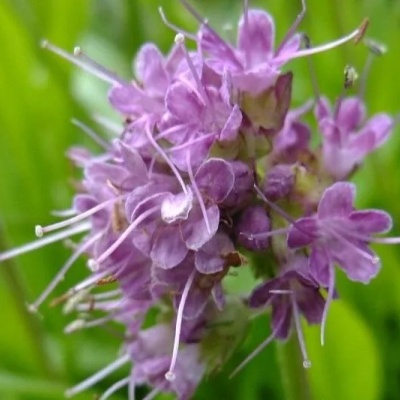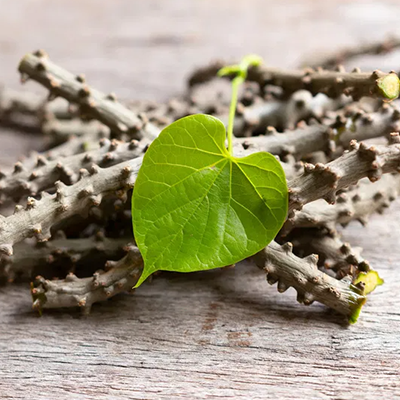Depression is a common mental health condition characterized by persistent feelings of sadness, hopelessness, and a lack of interest or pleasure in daily activities. It is not just a passing low mood but a serious condition that affects how a person feels, thinks, and functions. Depression can range from mild to severe and may impact relationships, work, and overall quality of life.
What Causes Depression?
Depression is a multifactorial condition, meaning it can be caused by various factors, including:
1. Biological Factors:
- Imbalances in brain chemicals (neurotransmitters like serotonin, dopamine, and norepinephrine).
- Genetic predisposition or family history of depression.
2. Psychological Factors:
- Past trauma or abuse.
- Low self-esteem or pessimistic thinking patterns.
3. Environmental and Social Factors:
- Stressful life events (e.g., loss of a loved one, financial problems).
- Social isolation or lack of support.
4. Medical Conditions:
- Chronic illnesses like diabetes, cardiovascular diseases, or thyroid disorders.
- Hormonal imbalances (e.g., postpartum depression or menopause-related).
5. Lifestyle Factors:
- Substance abuse (alcohol or drugs).
- Poor diet and lack of physical activity.
Symptoms of Depression
Depression affects people differently, but common symptoms include:
1. Emotional Symptoms:
Persistent sadness or a depressed mood.
Feelings of worthlessness or guilt.
Irritability, frustration, or anger.
Lack of interest in previously enjoyable activities (anhedonia).
2. Cognitive Symptoms:
Difficulty concentrating, making decisions, or remembering details.
Negative thinking patterns, including thoughts of death or suicide.
3. Physical Symptoms:
- Fatigue or low energy.
- Changes in appetite (overeating or loss of appetite).
- Sleep disturbances (insomnia or excessive sleeping).
- Unexplained aches and pains.
4. Behavioural Symptoms:
- Withdrawal from social interactions.
- Reduced productivity at work or school.
- Increased dependence on substances like alcohol or drugs.
How Depression Affects General Health
1. Physical Health:
- Increases the risk of heart disease, diabetes, and obesity.
- Weakens the immune system, making the body more susceptible to illnesses.
2. Mental Health:
- Leads to anxiety disorders, substance abuse, or suicidal thoughts.
- Can cause a cycle of negative thinking, worsening mental health.
3. Social and Functional Impact:
- Strains relationships and reduces productivity.
- Can lead to social withdrawal and isolation.
4. Chronic Health Conditions:
- May exacerbate existing conditions like arthritis or hypertension due to stress and neglect of self-care.
In Ayurveda, depression is viewed as an imbalance of the Tridoshas (Vata, Pitta, and Kapha) and disturbance of the Manovaha Srotas (channels of the mind). Specifically:
- Vata Imbalance: Causes restlessness, fear, and anxiety.
- Pitta Imbalance: Leads to anger, frustration, and self-critical thoughts.
- Kapha Imbalance: Results in lethargy, sadness, and withdrawal.
The condition is often linked to a depletion of Ojas (vital energy) and disturbances in Sattva (mental clarity), Rajas (mental agitation), and Tamas (mental inertia).
Ayurvedic Management of Depression
Ayurveda emphasizes a holistic approach that addresses physical, mental, and spiritual well-being. The management of depression involves balancing the doshas, detoxification, rejuvenation, and lifestyle adjustments.
1. Diet (Ahara):
- Include foods that nourish the brain and improve mental clarity:
- Whole grains, nuts, seeds, and fresh fruits (especially pomegranate and amla).
- Warm, light, and easily digestible meals to pacify Vata and Kapha.
Avoid processed foods, caffeine, alcohol, and excessive sugar, as they aggravate mental instability.
Lifestyle Changes (Dinacharya)
Yoga and Pranayama:
- Regular yoga practices like Balasana (Child's Pose), Shavasana (Corpse Pose), and Sukhasana (Easy Pose) for relaxation.
- Breathing exercises like Nadi Shodhana and Bhramari Pranayama for calming the mind.
Meditation and Mindfulness:
- Daily meditation helps improve Sattva and reduces Rajas and Tamas.
- Practices like chanting mantras (e.g., "Om") can stabilize emotions.
Adequate Sleep:
- Follow a regular sleep routine to rejuvenate mental energy.
- Sunlight Exposure:
- Natural sunlight boosts serotonin levels, improving mood and energy.
Rasayana (Rejuvenation):
- Herbs like Chyawanprash or Ayurvedic formulations like Saraswatarishta and Brahmi Ghrita support mental health and build resilience.
Herbs beneficial in Depression treatment
Ashwagandha (Withania somnifera):
Reduces stress and anxiety, acts as an adaptogen.
Brahmi (Bacopa monnieri):
Enhances memory, focus, and calmness.
Shankhpushpi (Convolvulus pluricaulis):
A natural brain tonic and stress reliever.
Jatamansi (Nardostachys jatamansi):
Improves sleep and reduces mental agitation.
Guduchi (Tinospora cordifolia):
Strengthens immunity and mental resilience.








